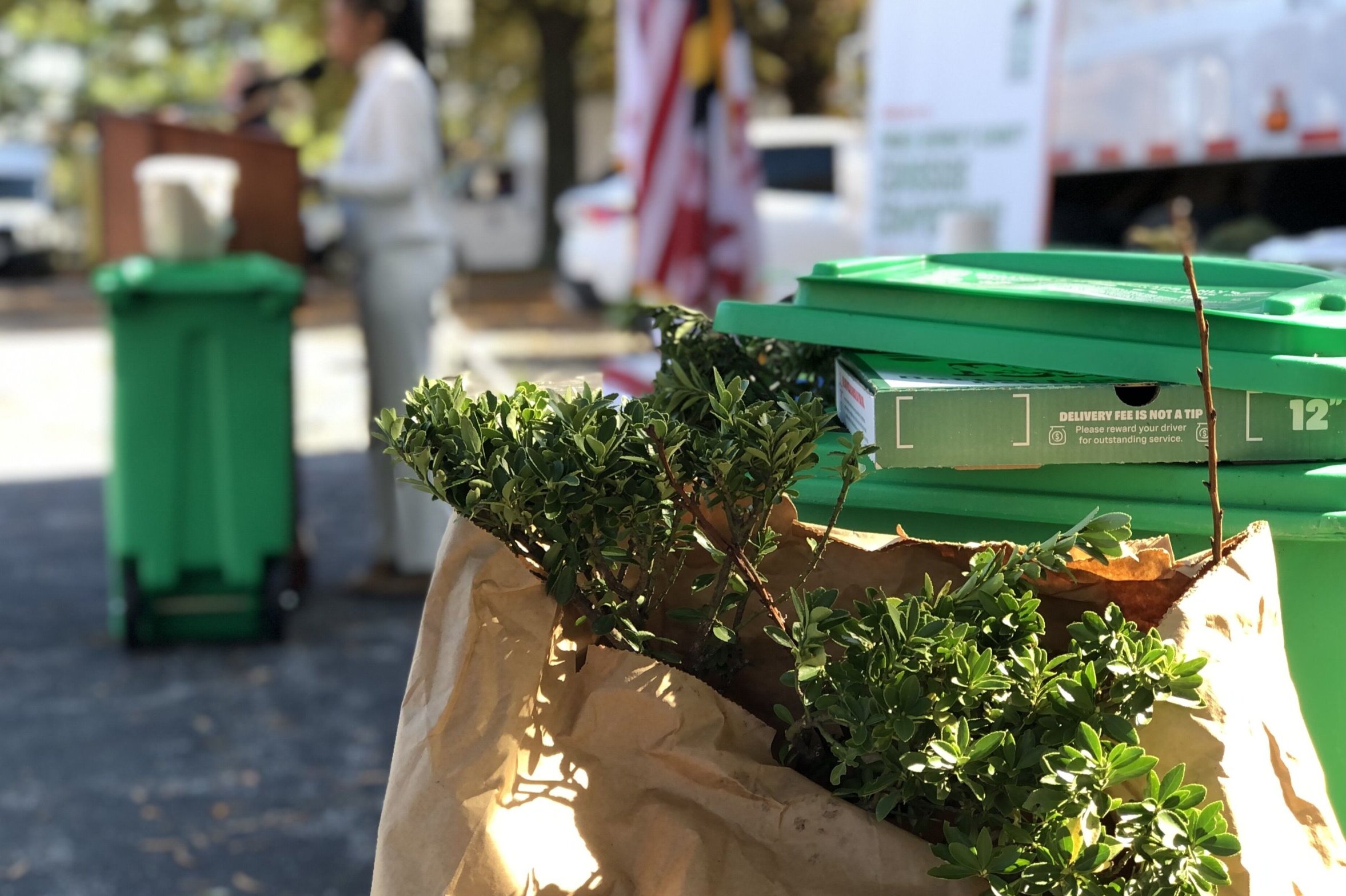Wallet-Friendly Green Living: 5 Genius Hacks to Slash Food Waste and Save the Planet

Food Waste Prevention Week: Uncovering the Hidden Truth About Your Kitchen Habits
Are you unknowingly tossing away more food than you realize? Every day, countless households contribute to a massive global food waste problem without even recognizing their impact. From forgotten leftovers languishing in the back of the refrigerator to overpurchased produce that wilts before consumption, our daily habits can silently drain our wallets and contribute to environmental challenges.
This Food Waste Prevention Week offers a perfect opportunity to take a closer look at your kitchen practices and make meaningful changes. Small, intentional steps can dramatically reduce the amount of food you discard, saving you money and helping the planet in the process.
Consider these eye-opening insights:
• The average family wastes approximately $1,500 in food annually
• Roughly 40% of food in the United States goes uneaten
• Simple planning and smart storage techniques can cut your food waste significantly
By becoming more mindful of your purchasing, storing, and consuming habits, you can transform your relationship with food and become part of the solution to this global challenge. Every banana not thrown away, every leftover meal repurposed, is a victory in the fight against food waste.
